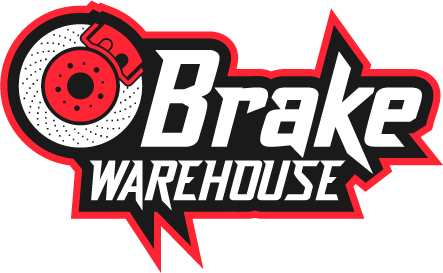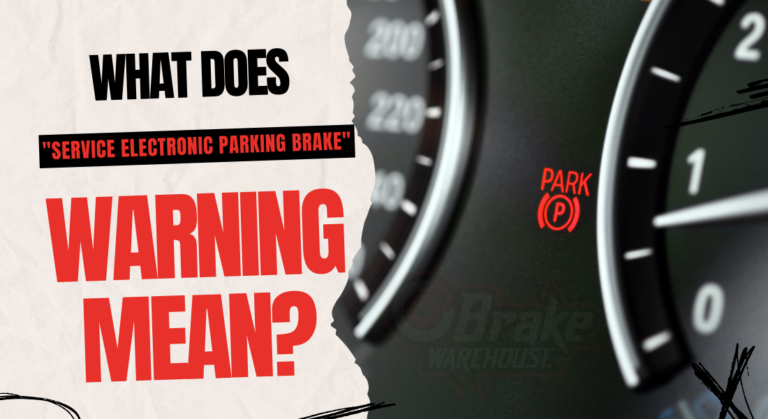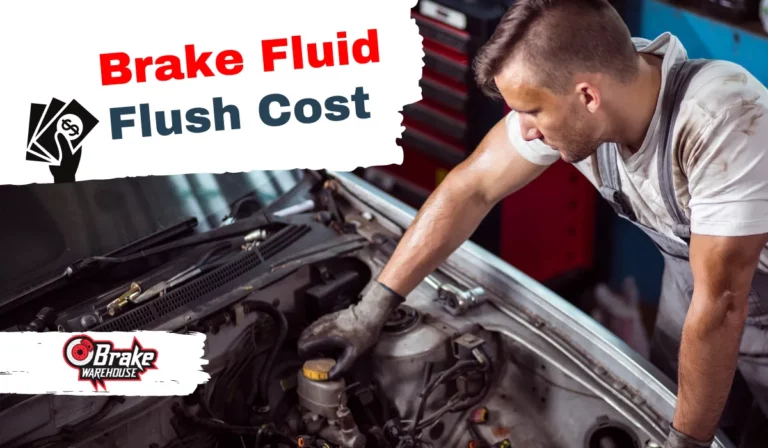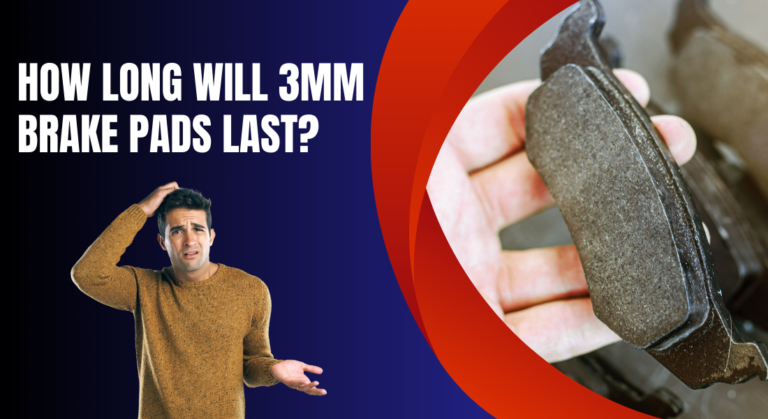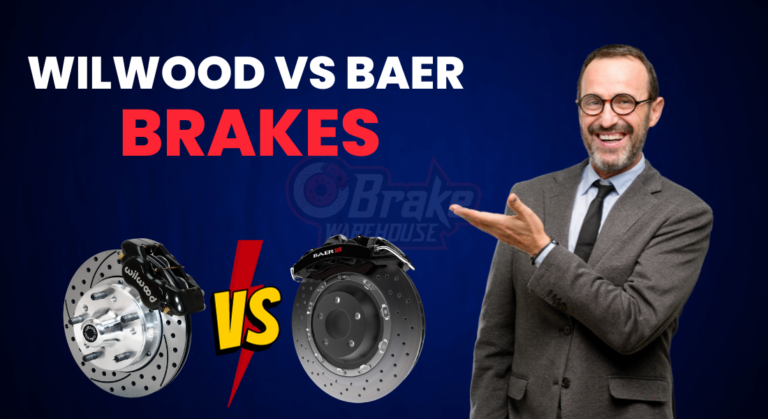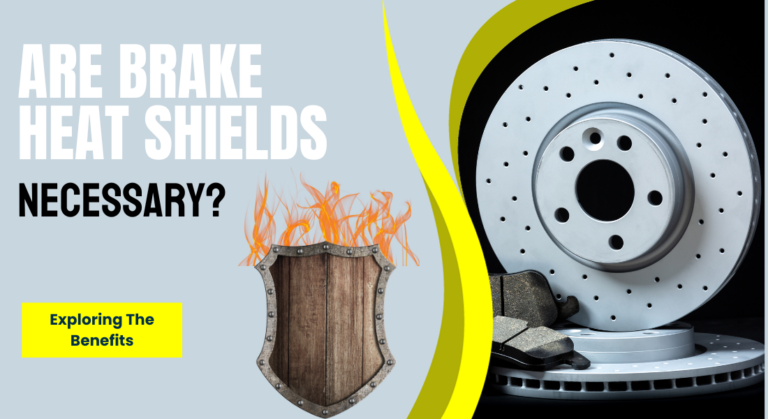Scraping Noise When Braking – Why & What You Should Do?
Several warning indicators should always be considered when it comes to the safety of our automobiles. The scraping noise when braking is one such sign.
If you’ve ever heard this ominous sound, you should be aware of how critical it is to take immediate action. Ignoring a scraping sound when braking might result in brake system problems and jeopardize your safety while driving.
In this post, we’ll examine the origins of the scraping noise that occurs during braking as well as how to identify and fix the issue. Let’s also look at some helpful maintenance hints to avoid this problem altogether.
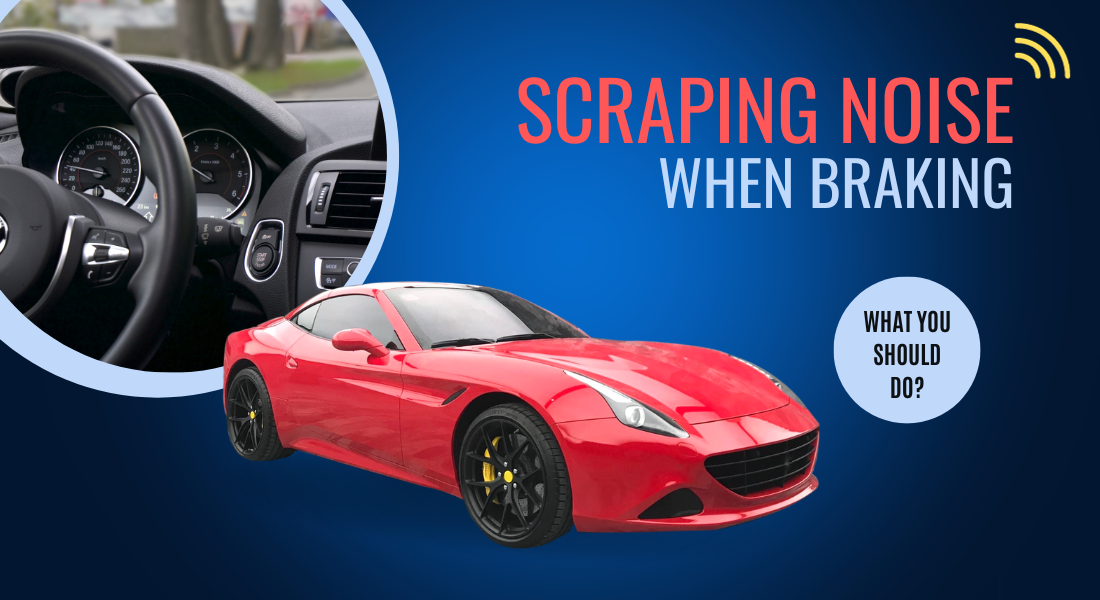
Scraping Noise When Braking: Understanding the Causes and Solutions
Scraping noise when braking can be a concerning issue for vehicle owners. Moreover, it can be caused by a number of factors, including:
- Worn-out brake pads or shoes
- Damaged brake rotors or drums
- Loose or damaged brake calipers
- Contaminated brake components
- Uneven brake pad wear
- Brake dust accumulation
To protect your safety, this noise has to be handled as soon as possible. The following are the typical reasons why brakes make a scraping noise:
1. Worn-out brake pads or shoes
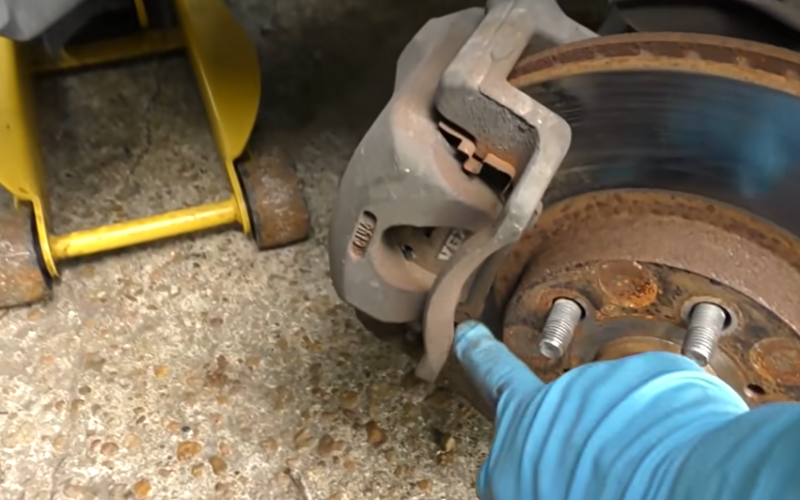
Over time, brake pads or shoes can wear down, resulting in metal-to-metal contact with the rotors or drums. When the brakes are engaged, this contact makes a scratching sound.
Solution
If the brake shoes or pads have worn past the recommended levels, they need to be changed.
If you know what you’re doing and have the tools, go DIY. If not, let a mechanic handle it for safety and proper execution. Use only the best brake pads that are suggested for your particular car.
Read Also: Can Worn Brake Pads Cause ABS Light to Come On?
2. Damaged brake rotors or drums
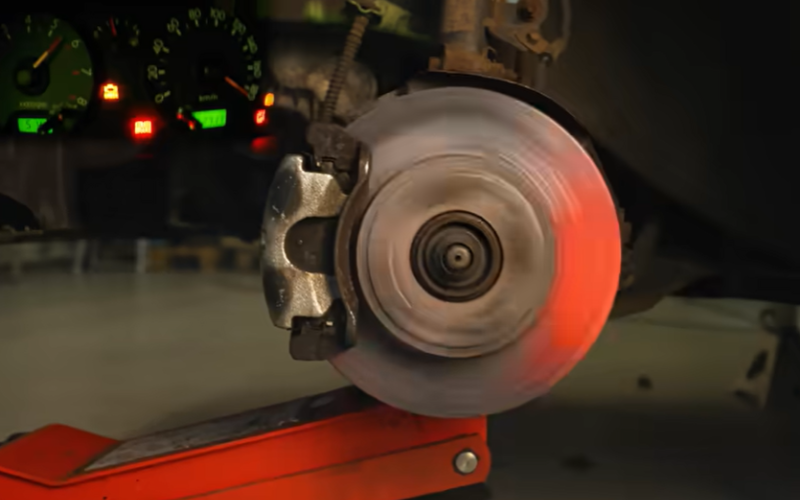
If the brake rotors or drums become warped, uneven, or excessively worn, they can cause friction against the brake pads or shoes. When braking, this friction causes a scraping sound.
Solution
Resurface or replace the brake rotors or drums when necessary. While heavily worn or severely damaged components may require replacement, resurfacing can restore a smooth and uniform surface. To replace the brake rotor:
- Lift the vehicle, remove the wheel
- Loosen caliper bolts, and support caliper to avoid stress on the brake line
- Gently tap and remove the brake rotor/drum from the hub
- Install the new rotor/drum securely
- Remount the caliper and brake pads if needed
- Reassemble other components you removed
- Repeat on the other side if necessary
Read Also: What Causes Grinding Brakes Noise At Low Speed?
3. Loose or damaged brake calipers
Brake calipers are responsible for holding the brake pads in place. The pads could not seat properly and grind against the rotors or drums if they become loose or broken.
Solution
If the brake calipers are loose, damaged, or not functioning properly, they should be replaced.
The brake pads make consistent contact with the rotors or drums when the calipers are working properly, which prevents noise from the brake scraping. To replace the brake caliper:
- Lift the vehicle, and remove the wheels.
- Unbolt old calipers, and take off.
- Compress caliper piston.
- Install new calipers, bolt in place.
- Put on new brake pads.
- Bleed brakes if needed.
- Reinstall wheels.
- Lower vehicle.
- Test brakes.
- Check brake fluid level.
Read Also: No Brake Pressure After Changing Calipers – Why & How To Fix It?
4. Contaminated brake components
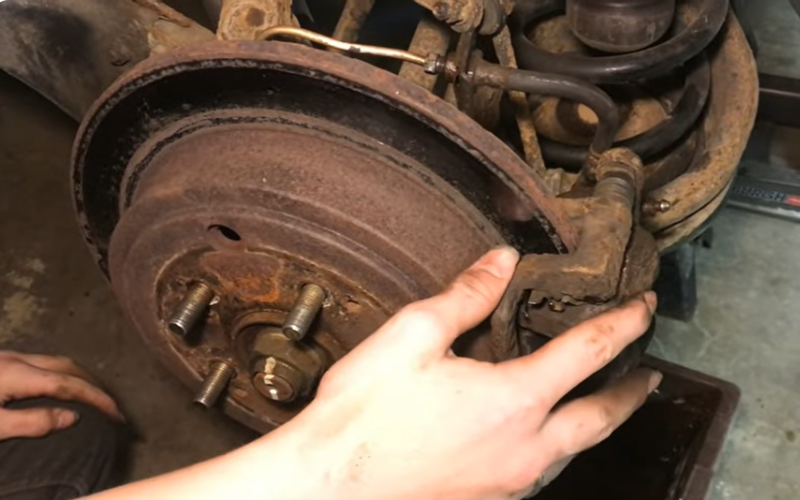
Dirt, debris, or brake fluid contamination can interfere with the smooth operation of the brake system. These impurities may cause surfaces to be uneven or impair the correct operation of braking parts, producing a scraping sound.
Solution
Cleaning the brake components can resolve the scraping noise issue in case of brake fluid contamination or accumulation of dirt and debris.
Use brake cleaner (our product) or another appropriate solvent to clean the impacted parts. To clean with solvent please follow:
- Remove brake components (caliper, pads, and rotors) safely from the vehicle.
- Place components on a clean surface, avoiding contact with rubber or plastic parts.
- Use a wire brush to remove loose dirt and debris from the components.
- Spray brake cleaner generously on greasy, oily, and dirty areas.
- Use clean rags to wipe off dissolved grime gently.
- For heavy soiling, repeat spraying and wiping.
- Let components air dry completely before reassembly.
- Carefully put the components back together following the guidelines.
- Follow local regulations for the disposal of used rags and brake cleaner. Never pour down the drain.
5. Uneven brake pad wear
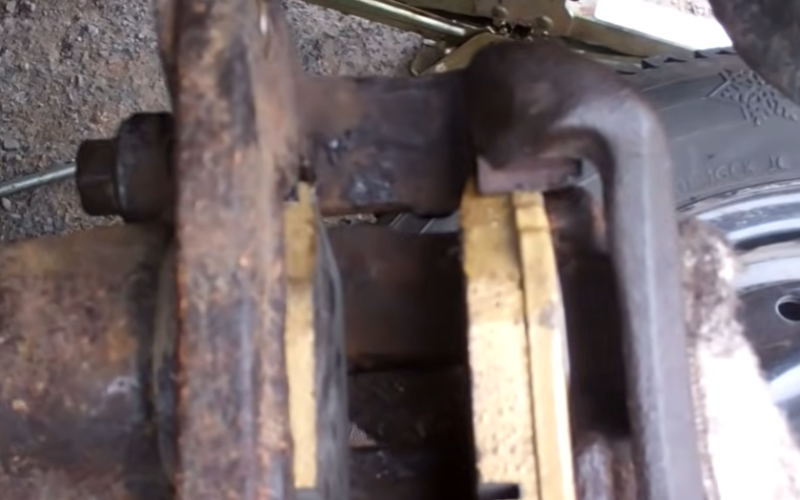
In some cases, uneven brake pad wear can occur due to various factors, such as improper brake installation, suspension issues, or driving habits. When braking, uneven wear might cause a scratching sound.
Solution
Regularly check, clean, and oil the braking system’s parts, and make sure the brake pads are installed correctly.
6. Brake dust accumulation
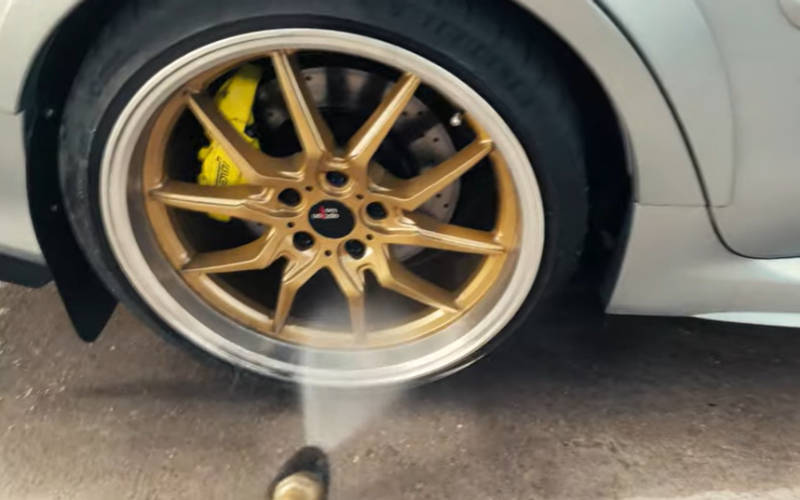
Brake pads generate fine dust as they wear down. When the brakes are engaged, if this dust builds up excessively on the rotors or drums, it may make a scraping sound.
Solution
Regularly clean the brake parts with a soft brush or compressed air to avoid excessive dust buildup.
Here’s a video on how to remove brake dust easily:
Understanding these causes can help you diagnose the problem accurately and take the necessary steps to address it. It is advised to seek professional advice if you need clarification on the precise reason or need more knowledge to identify the problem yourself.
Read Also: How Long Can You Drive On Grinding Brakes? (Is It Safe)
Diagnostic Process In Scraping Sound
A systematic diagnostic process can be followed to determine the cause of the scraping noise when braking. The procedures for making an issue diagnosis are as follows:
Step-1: Visual inspection of brake components
Start by visually examining the brake system components, including the brake pads, rotors or drums, and calipers. Check for any indications of wear, damage, or misalignment that may be the source of the noise.
Step-2: Brake pad thickness measurement
Use a caliper or other specialized measuring equipment (our product) to determine the thickness of the brake pads. To find out if the thickness is within the permissible range, compare it to the manufacturer’s requirements.
Read Also: Brake Pad Rubbing On Rotor While Driving – How To Fix?
Step-3: Condition assessment of the rotor or drum
Examine the brake rotors or drums for damage. Look for signs of warping, scoring, or excessive wear.
Step-4: Examination of brake calipers and hardware
Inspect the brake calipers for any signs of damage, such as leaks or loose mounting bolts. Verify that the calipers are correctly positioned and operating.
Step-5: Checking for brake fluid contamination
Examine the brake fluid for any signs of contamination or moisture. The effectiveness of the braking system might be impacted by contaminated brake fluid. Clean and replenish the brake fluid as necessary to guarantee optimal braking performance.
It is advised to seek the advice of a competent mechanic or technician who can effectively diagnose and fix the issue if you are unfamiliar with braking system diagnostics.
FAQs
Let’s look at some FAQs commonly associated with scraping noise when braking:
Q: Is scraping noise when braking always a cause for concern?
Yes, any scraping sounds made while braking needs to be treated carefully. It suggests possible braking system problems that could jeopardize security. Ignoring a scraping sound might result in more damage and hazardous braking.
Q: Can I continue driving if I hear a scraping noise when braking?
No. If you hear a scraping sound when braking, it is not advised to keep driving. Driving with this problem might result in more braking system component damage and jeopardize your safety.
Q: Can I fix the scraping noise when braking by myself?
DIY enthusiasts with some mechanical expertise and understanding may do simple maintenance jobs like cleaning brake components or replacing brake pads.
Conclusion
Scraping noise when braking is a red flag that demands attention. The key to keeping a safe and dependable brake system is the timely replacement of worn-out components, thorough maintenance, and expert assistance when necessary.
Keep in mind that putting the condition of your brakes first assures both your safety and the safety of other drivers.
Act quickly and make sure your vehicle’s braking system is in the finest possible condition if you hear a scraping noise as you brake. Drive safely at all times!

Meet Zayan, the mechanical genius behind the highly acclaimed brakes problems and solutions website. With over a decade of hands-on experience in the automotive industry, Zayan has become a trusted authority in the realm of brake systems.
His passion for cars, coupled with his expertise in solving complex brake-related issues, has earned him a devoted following of car enthusiasts, mechanics, and everyday drivers seeking reliable guidance.
